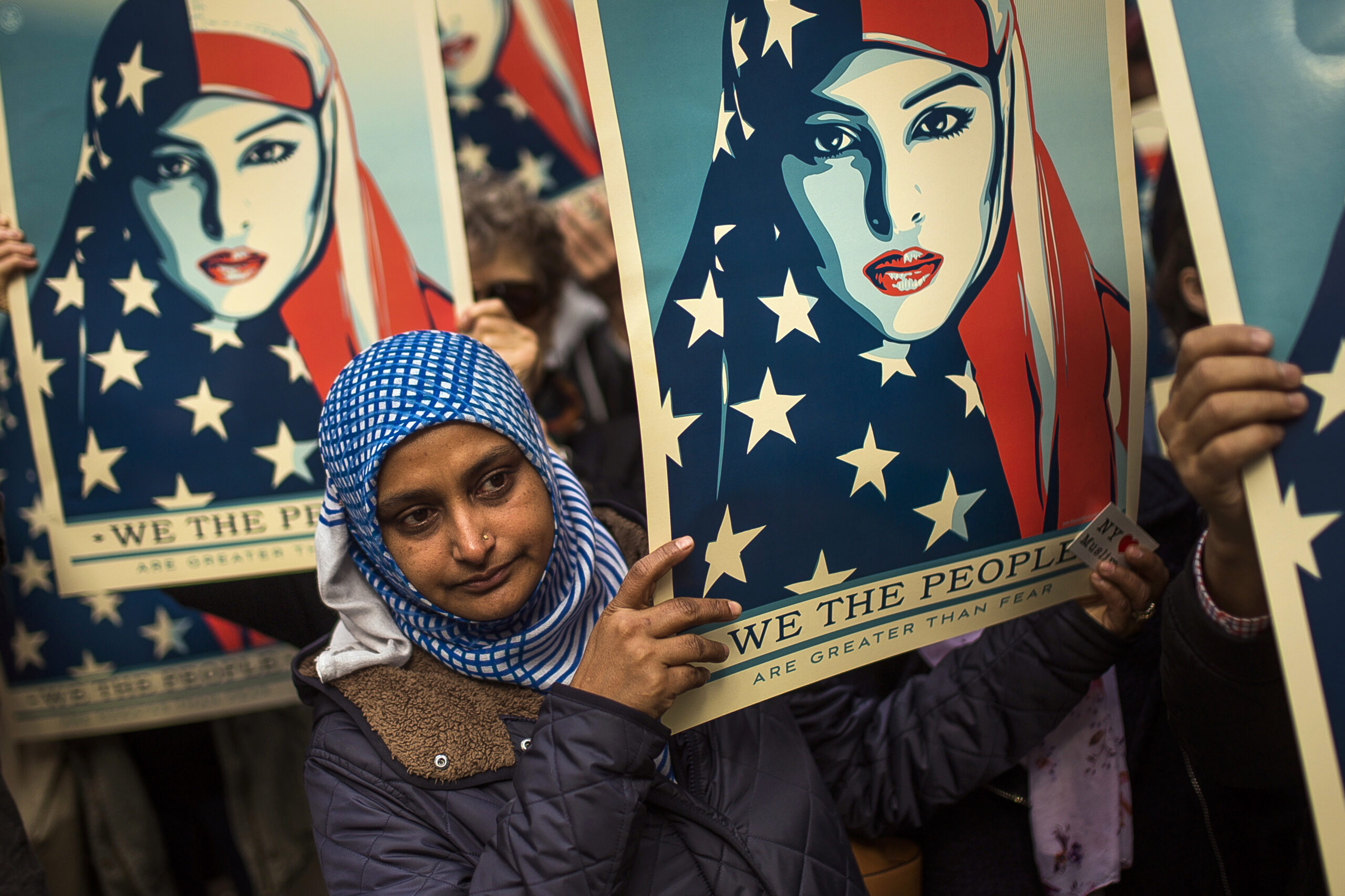President Donald Trump’s so-called travel ban took effect at 8 p.m. ET on Thursday, pending a Supreme Court ruling on its constitutionality.
An emergency motion was filed in federal court by the state of Hawaii shortly before the order could be implemented, according to a report by CNN. After the Supreme Court’s unanimous ruling last week allowing parts of the president’s executive order to go into effect, foreign citizens from countries impacted by the travel ban cannot enter the United States unless they can present a “credible claim of bona fide relationship” with someone in America, such as a college, employer, close family member or spouse. Otherwise, all refugees will be banned for 120 days and all citizens of Iran, Libya, Somalia, Sudan, Syria and Yemen will be banned for 90 days.
As the BBC reports, the application of this rule to family members will be particularly strict. People from impacted countries with parents, children, children’s in-laws, siblings (including step-siblings and half-siblings) and spouses or fiancés can use that status as grounds for entering the U.S. On the other hand, people who have extended family in this country, such as uncles or aunts, nephews or nieces, and grandparents and grandchildren, will not be eligible on that basis alone.
Visas that have already been approved will not be revoked and existing visa application appointments will not be canceled. Similarly, the ban will not apply to green card holders, current visa holders, dual nationals, individuals who have already been granted asylum or admitted to the U.S. as refugees (or cleared for travel by the State Department through July 6) and American citizens.
When deciding to hear the case on the travel ban’s ultimate constitutionality, the Supreme Court ruled without dissent that it should be implemented at least in part until a final decision had been rendered. It’s entirely possible that the ban’s temporary restrictions on travelers, immigrants and refugees will expire before the high court can hear the case, creating a way for the justices to duck the issue entirely.


